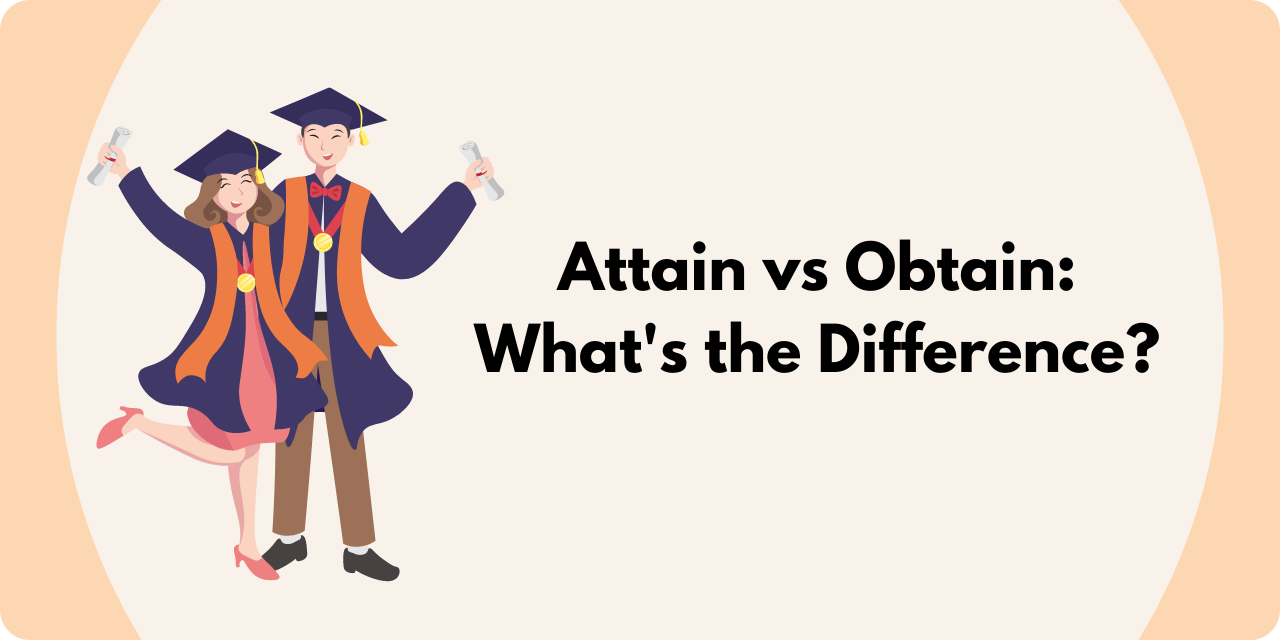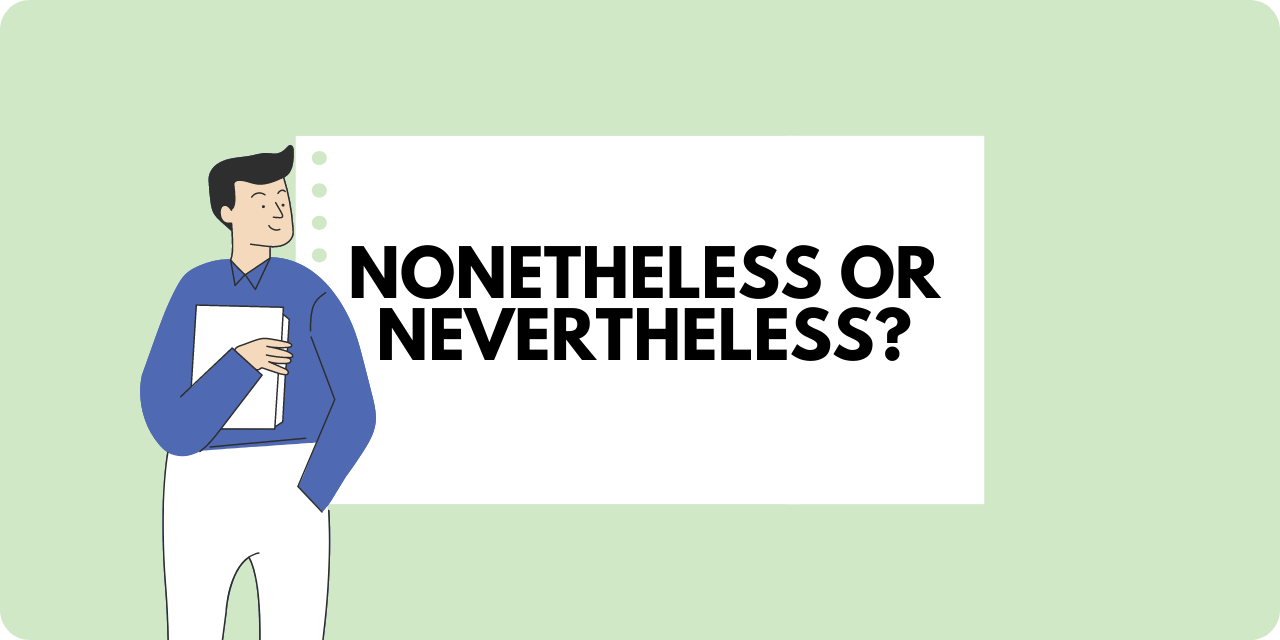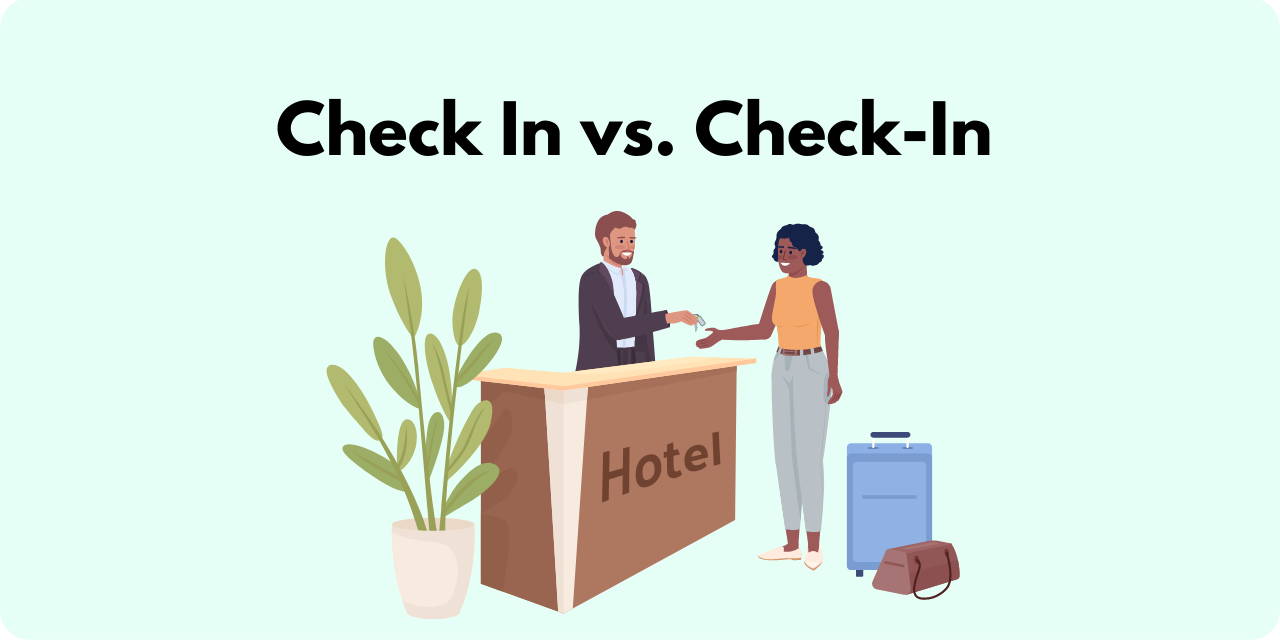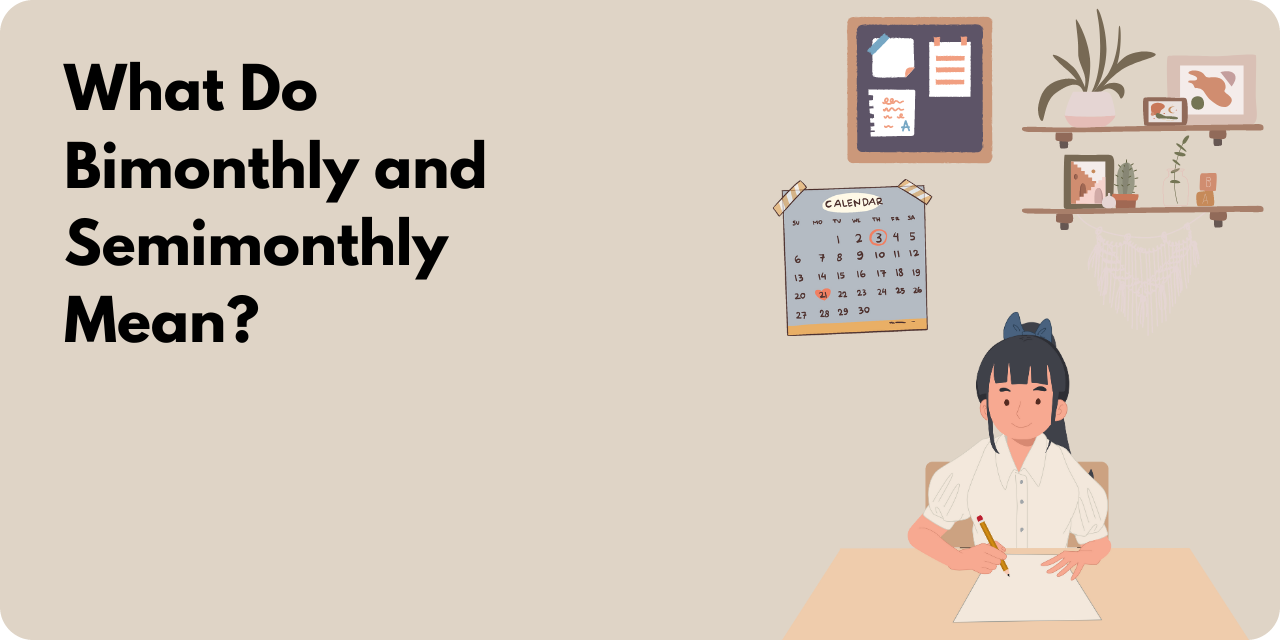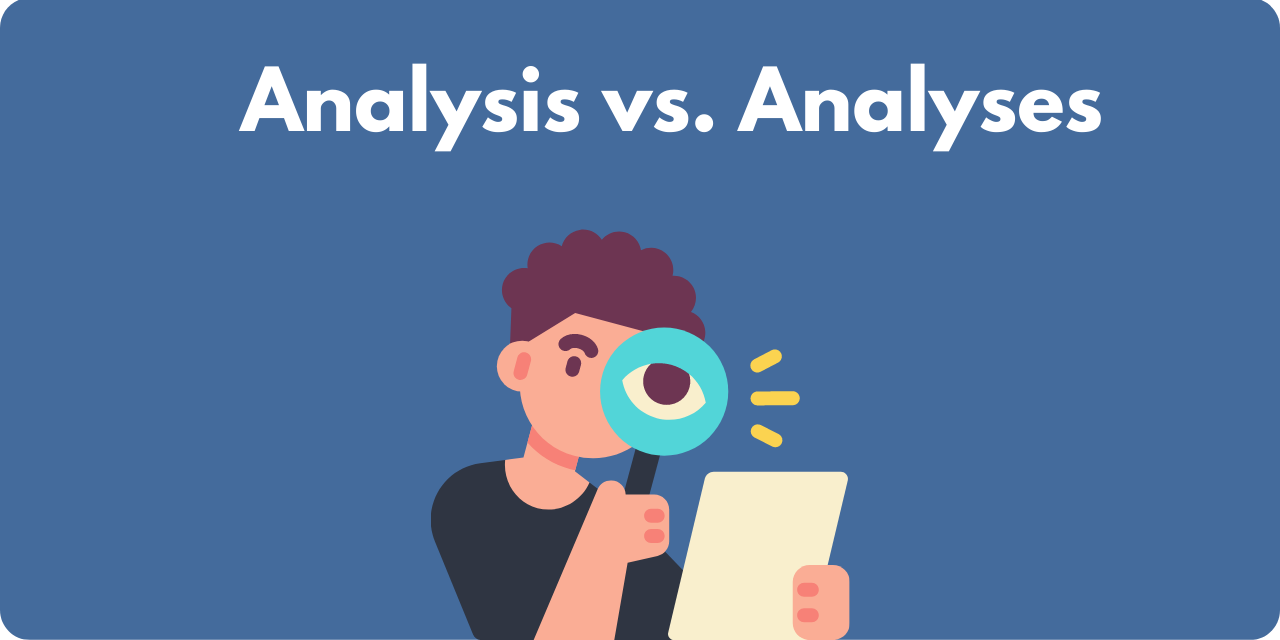Here’s a test. Which forms of the word pair principal/principle fit in these examples?
- This dollar figure covers just interest–not interest plus ______.
- The ______ reason for our visit is to meet the new director.
- Which ______ did you follow to solve this problem?
Easy?
Here’s the rule–that is, here’s the principle:
Principle (le) means “rule” (le). All other uses require principal. If you grew up thinking “the principal is my pal,” you were right. However, principal has other meanings. Rather than trying to remember all of them, it’s easier to remember that principle (le) has only one meaning: “rule” (le). Someone with principles is someone with rules.
Following that principle, the correct choices for the blanks above are principal, principal, principle.
Your grammar checker is unlikely to catch this error. That’s because discerning the right word requires thinking. After all, the difference between “Which principle did you follow to solve this problem?” and “Which principal did you follow into the main office of the school?” is subtle.
The important difference between us and our grammar and spell checkers is that we know our principles–I mean principals. I mean . . . it depends!

